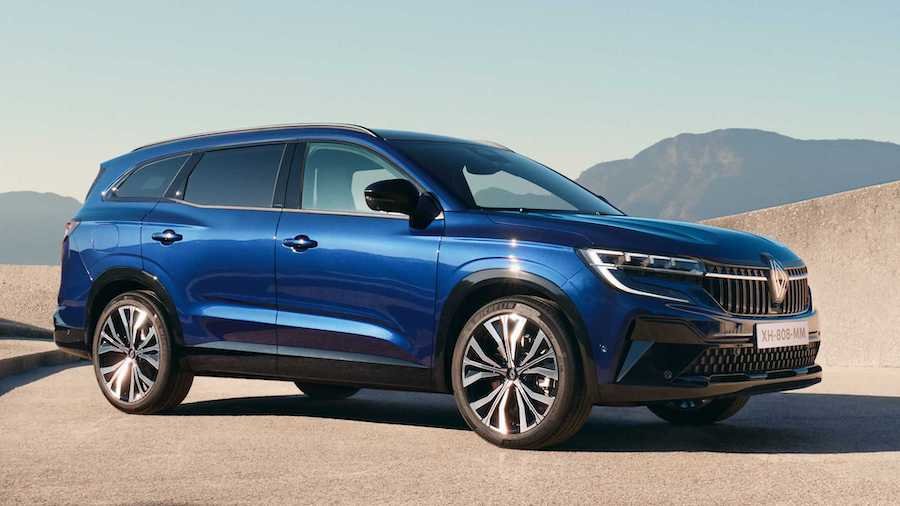Renault Espace And The Effect Of The SUV Boom On The Industry

Renault has just unveiled the brand new Espace. It is a seven-seater mid-size SUV aimed at families in Europe. It is based on the Renault-Nissan CMF-C/D platform, the same used by the current generation of Nissan Sentra, Nissan X-Trail, and Qashqai as well as other models in the alliance. This platform is also the basis of the Renault Austral, which is nothing more than the five-seat version of the new Espace.
This name has been on the market since 1984 when Renault introduced it as a rather rare vehicle for the time. Since then, the Espace has been a benchmark for large MPVs in Europe. The French automaker has sold more than 1.3 million units in that time, according to JATO Dynamics data.
Goodbye Minivan
Although Renault claims that it is the sixth generation of Espace, the truth is that we are no longer dealing with a minivan, but an SUV. The continued decline in MPV sales in regions such as Europe and North America has forced many brands to abandon the segment and embrace SUVs, the best-selling vehicles. Renault is simply exploiting a strong name for a seven-seater high-wheeled vehicle, which has nothing to do with the DNA of the Espace.
In practice, it is the French company's response to the transition of consumers from traditional bodies to SUVs. This boom, which began in the late 1990s in the United States and ten years later in Europe, has left small cars, sedans, wagons, and MPVs with fewer models on the market. In 2014, 52 different minivans were available in Europe. Last year the consumer could only choose from 20 different models.
The Espace followed the same path that the Peugeot 3008 and 5008 followed a few years ago. The same is the case with the Opel Meriva and the Citroën C3 Picasso, which have been replaced by SUVs. Ford has also used the Puma name for its B-SUV, while Mitsubishi has taken over the Eclipse name, previously used as a sports car, for its compact SUV. Ford is currently using the Mustang name for its electric compact SUV, the Mach-E.
In The Realm Of Suvs
The reason for this repositioning of famous names is the high demand for SUVs worldwide. JATO data indicates that 5.64 million SUVs were registered in Europe last year. While not the highest volume results (the record was set in 2019 with 6.06 million units), SUVs enjoyed a record 50.1 percent market share.
In other words, half of the new passenger vehicles registered in Europe last year were SUVs. The result contrasts with the very little traction these vehicles had a few years ago.
The same happens in the United States. SUV market share rose from just 11 percent in 1995 to a record 54 percent in 2022. Consumers bought 8.1 million units in 2019.
A Future With More Ground Clearance
If this trend continues, it is likely that in the near future, we will see popular wagons and MPVs (Multi Purpose Vehicles), or even sedans, transform into SUVs. That could be the case with the upcoming new Renault Scenic. The SUV formula is very profitable and convenient for manufacturers, and very attractive to most consumers.
Sport Utility Vehicles offer the practicality and comfort of MPVs with the rugged looks of a vehicle that should tackle any terrain with ease. For older people, they are ideal because it is easier to get in and out without making great efforts. For those not keen on dynamic driving, SUVs offer the "advantage" of a higher position behind the wheel. And for families, SUVs are the perfect solution for traveling long distances. The boom does not look likely to end any time soon.


